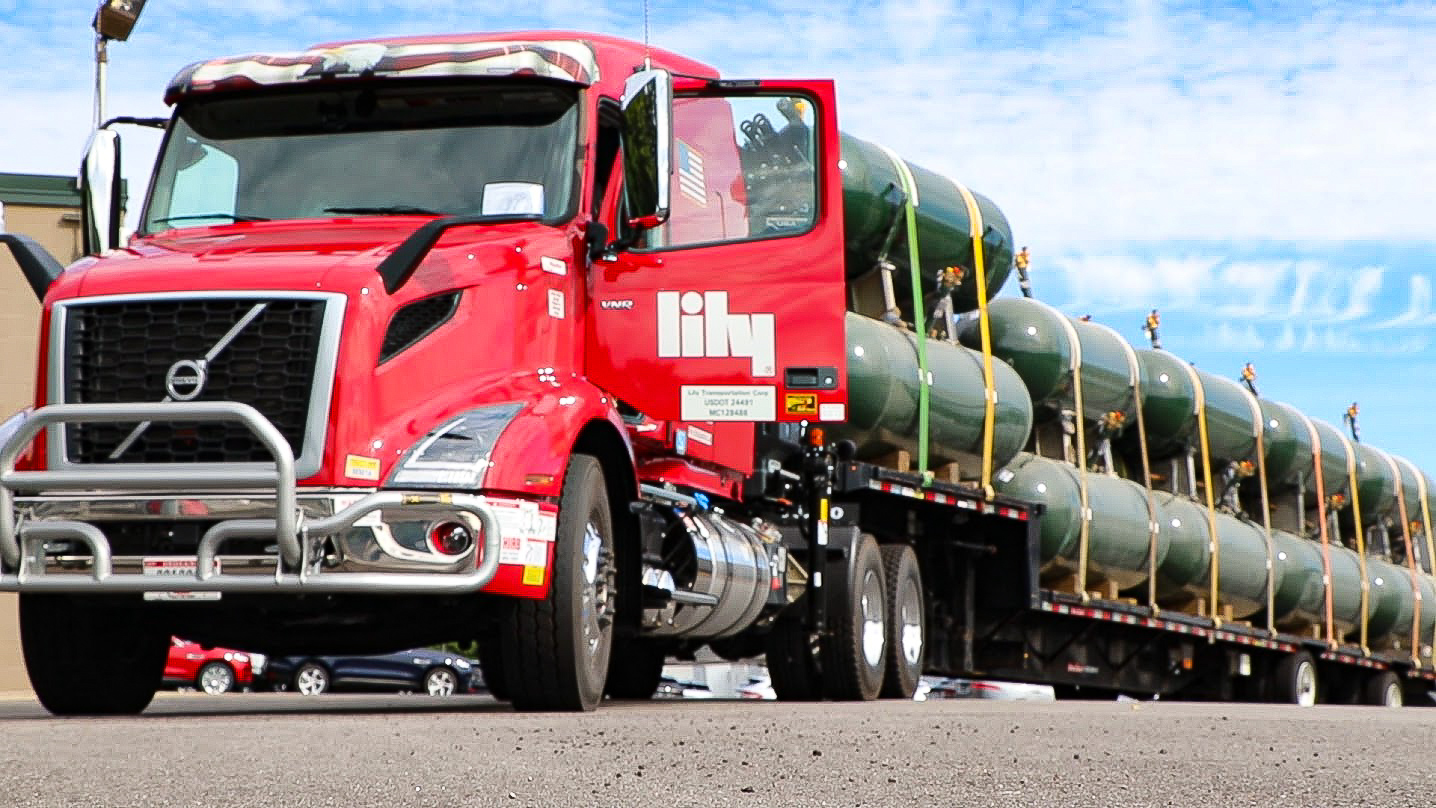In the fast-paced world of logistics and supply chain management, businesses are constantly seeking efficient and reliable solutions to streamline their operations. One solution that has gained prominence is the concept of Dedicated Contract Carriers (DCCs). Let’s dive into the intricacies of what a Dedicated Contract Carrier is and how it can be a game-changer for businesses aiming to optimize their transportation strategies.
Understanding the Basics
A Dedicated Contract Carrier is a third-party logistics provider that exclusively serves a single customer under a long-term transportation contract. Unlike common carriers that operate on a for-hire basis for multiple clients, DCCs dedicate their resources—trucks, drivers, and management—exclusively to one client. This arrangement allows businesses to have a customized and tailored logistics solution that aligns with their unique needs.
Tailored Solutions for Business Needs
The key advantage of partnering with a Dedicated Contract Carrier lies in the ability to tailor transportation solutions to meet specific business requirements. As DCCs exclusively serve one client, they can align their operations with the unique demands of that business. This results in a more efficient and synchronized supply chain, where transportation services are finely tuned to meet production schedules, delivery windows, and other critical aspects of the client’s operation.
Operational Control and Visibility
Having a Dedicated Contract Carrier often translates into enhanced operational control and visibility for businesses. With a dedicated fleet, businesses can exert more control over the timing and execution of deliveries. This level of control is particularly beneficial for industries with stringent delivery schedules or specialized handling requirements.
Moreover, the dedicated nature of the contract allows for greater visibility into the entire transportation process. Businesses can track shipments in real-time, monitor performance metrics, and receive detailed reports, enabling them to make informed decisions and continuously improve their supply chain efficiency.
Cost Efficiency and Predictability
While it might seem counterintuitive, dedicating resources to a single client can actually lead to cost savings for both the carrier and the client. Dedicated Contract Carriers can optimize routes, reduce empty miles, and enhance overall efficiency, resulting in lower transportation costs. Additionally, businesses can benefit from cost predictability, as the long-term nature of the contract often involves fixed or transparent pricing structures.
Flexibility in Scaling Operations
DCCs offer a unique blend of stability and flexibility. The long-term nature of the contract provides stability for both the carrier and the client, fostering a strong and collaborative partnership. However, this doesn’t mean sacrificing flexibility. Dedicated Contract Carriers can scale their operations to accommodate fluctuations in demand, whether it be seasonal peaks or sudden increases in order volume.
Conclusion
In a world where supply chain efficiency can make or break a business, Dedicated Contract Carriers emerge as strategic partners, providing tailored solutions that align with the unique needs of their clients. This collaborative approach allows businesses to gain operational control, enhance visibility, and achieve cost efficiency in their transportation operations. As the logistics landscape continues to evolve, the role of Dedicated Contract Carriers is likely to become even more pivotal in shaping the success of businesses across various industries.

